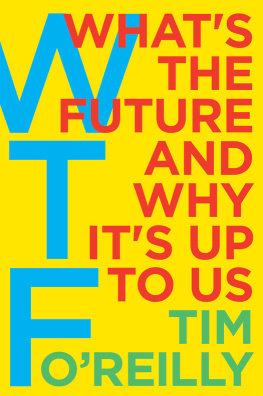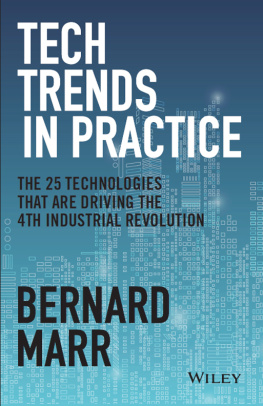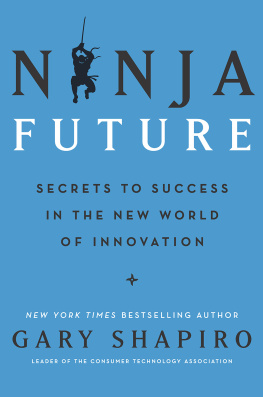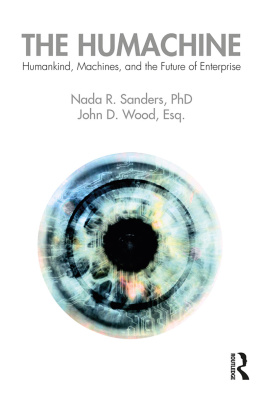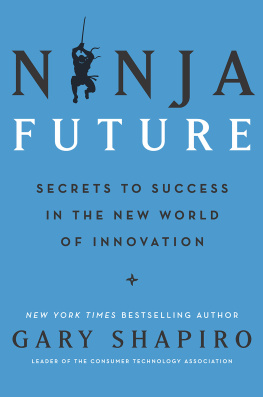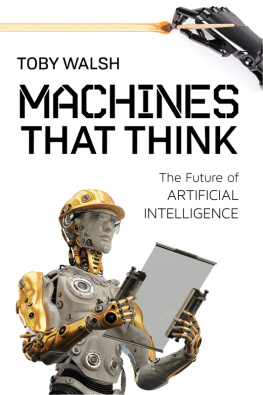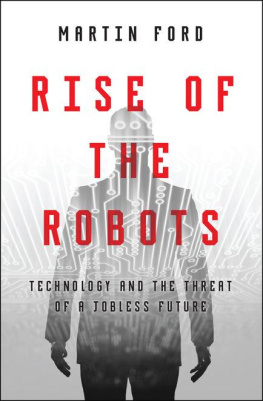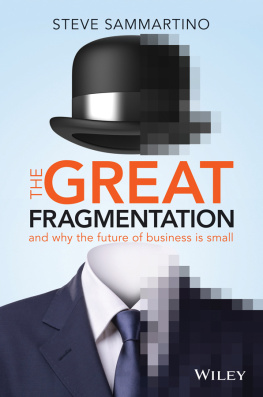Tim O’Reilly - WTF?: What’s the Future and Why It’s Up to Us
Here you can read online Tim O’Reilly - WTF?: What’s the Future and Why It’s Up to Us full text of the book (entire story) in english for free. Download pdf and epub, get meaning, cover and reviews about this ebook. year: 2017, publisher: HarperBusiness, genre: Politics. Description of the work, (preface) as well as reviews are available. Best literature library LitArk.com created for fans of good reading and offers a wide selection of genres:
Romance novel
Science fiction
Adventure
Detective
Science
History
Home and family
Prose
Art
Politics
Computer
Non-fiction
Religion
Business
Children
Humor
Choose a favorite category and find really read worthwhile books. Enjoy immersion in the world of imagination, feel the emotions of the characters or learn something new for yourself, make an fascinating discovery.
- Book:WTF?: What’s the Future and Why It’s Up to Us
- Author:
- Publisher:HarperBusiness
- Genre:
- Year:2017
- Rating:3 / 5
- Favourites:Add to favourites
- Your mark:
WTF?: What’s the Future and Why It’s Up to Us: summary, description and annotation
We offer to read an annotation, description, summary or preface (depends on what the author of the book "WTF?: What’s the Future and Why It’s Up to Us" wrote himself). If you haven't found the necessary information about the book — write in the comments, we will try to find it.
WTF? can be an expression of amazement or an expression of dismay. In todays economy, we have far too much dismay along with our amazement, and technology bears some of the blame. In this combination of memoir, business strategy guide, and call to action, Tim OReilly, Silicon Valleys leading intellectual and the founder of OReilly Media, explores the upside and the potential downsides of todays WTF? technologies.
What is the future when an increasing number of jobs can be performed by intelligent machines instead of people, or done only by people in partnership with those machines? What happens to our consumer based societiesto workers and to the companies that depend on their purchasing power? Is income inequality and unemployment an inevitable consequence of technological advancement, or are there paths to a better future? What will happen to business when technology-enabled networks and marketplaces are better at deploying talent than traditional companies? How should companies organize themselves to take advantage of these new tools? Whats the future of education when on-demand learning outperforms traditional institutions? How can individuals continue to adapt and retrain? Will the fundamental social safety nets of the developed world survive the transition, and if not, what will replace them?
OReilly is the man who can really can make a whole industry happen, according to Eric Schmidt, Executive Chairman of Alphabet (Google.) His genius over the past four decades has been to identify and to help shape our response to emerging technologies with world shaking potentialthe World Wide Web, Open Source Software, Web 2.0, Open Government data, the Maker Movement, Big Data, and now AI. OReilly shares the techniques hes used at OReilly Media to make sense of and predict past innovation waves and applies those same techniques to provide a framework for thinking about how todays world-spanning platforms and networks, on-demand services, and artificial intelligence are changing the nature of business, education, government, financial markets, and the economy as a whole. He provides tools for understanding how all the parts of modern digital businesses work together to create marketplace advantage and customer value, and why ultimately, they cannot succeed unless their ecosystem succeeds along with them.
The core of the books call to action is an exhortation to businesses to DO MORE with technology rather than just using it to cut costs and enrich their shareholders. Robots are going to take our jobs, they say. OReilly replies, Only if thats what we ask them to do! Technology is the solution to human problems, and we wont run out of work till we run out of problems. Entrepreneurs need to set their sights on how they can use big data, sensors, and AI to create amazing human experiences and the economy of the future, making us all richer in the same way the tools of the first industrial revolution did. Yes, technology can eliminate labor and make things cheaper, but at its best, we use it to do things that were previously unimaginable! What is our poverty of imagination? What are the entrepreneurial leaps that will allow us to use the technology of today to build a better future, not just a more efficient one? Whether technology brings the WTF? of wonder or the WTF? of dismay isnt inevitable. Its up to us!
Tim O’Reilly: author's other books
Who wrote WTF?: What’s the Future and Why It’s Up to Us? Find out the surname, the name of the author of the book and a list of all author's works by series.

